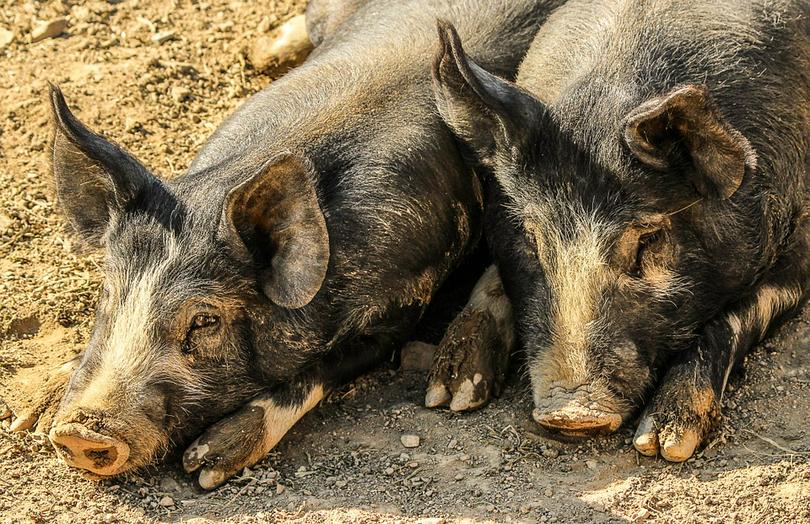The number of reported African Swine Fever (ASF) outbreaks in China has continued to rise to 74 while the 1st occurrence of the virus in wild boar has been confirmed last week.
The finding of ASF virus in dead wild boar is not a surprise but it serves as a confirmation to the weight of the problem that it is beings to China.
With ASF having entered the China's wild boar pool, it has become more likely that the virus will become endemic as it is difficult to eradicate from a wild boar population in a country as vast as China.
African Swine Flu in China
The first case was reported by the Chinese Ministry of Agriculture and Rural Affairs (MARA) on November 16, 2018 in a wild boar in Baishan city, Jilin province in the country's North East. The outbreak has not yet been confirmed by the World Organization of Animal Health (OIE).
In addition, the 2 latest provinces to become affected by virus are Shanghai and Sichuan. Shanghai is China's largest city by population (more than 24 million inhabitants) and Sichuan is China's most important swine state.
Meanwhile, in Shanghai, the virus was found on a farm with 314 pigs while in Sichuan, 2 cases were reported. One occurred near the city Chengdu on a farm with 110 pigs; the other on a backyard farm close to the border with Yunnan province. This farm had 40 pigs.
In total, there now at least 74 outbreaks to have been reported in 19 provinces of China. The official count of victims through infections or culling is almost 140,000 pigs. According to press agency Reuters, the Chinese authorities have announced 'tough steps' to fight the virus with strong penalties for behavior leading to a delay or cover up of reporting outbreaks.
The Rumor
There was rumor last week that traces of the virus were found in feeds produced in China. That turned out to be incorrect, wrote Reuters. The Chinese company Tangrenshen, which initially had voiced suspicions in that direction, later confirmed that no traces of virus had been found in any of its feed products.








